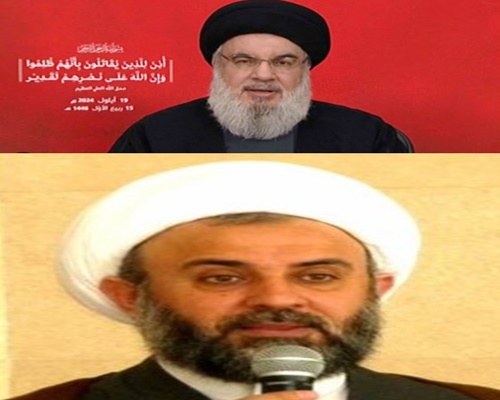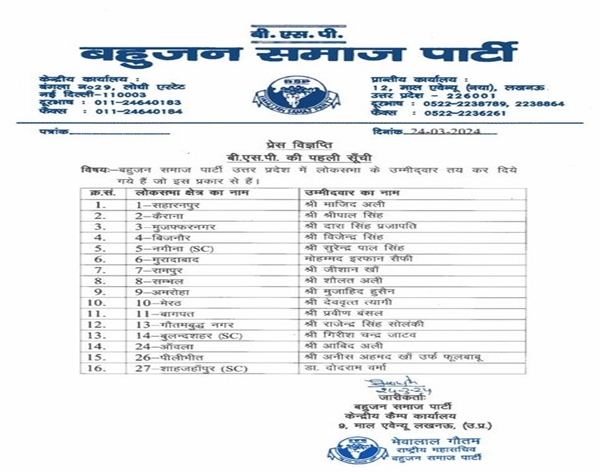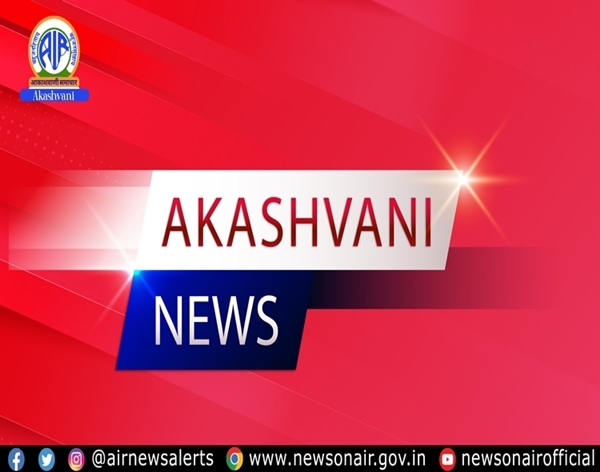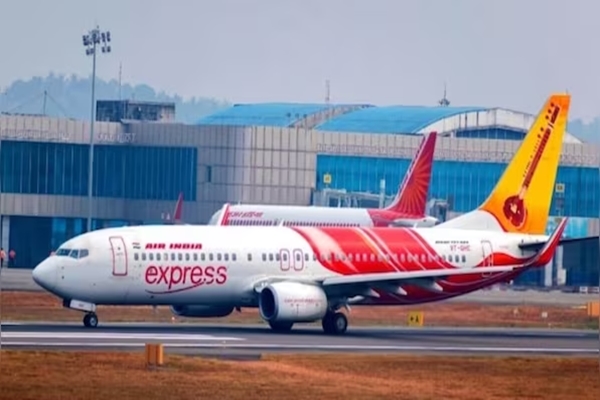The Israeli military announced on Sunday that a strike in Beirut killed Hezbollah chief Hassan Nasrallah and “eliminated” more than 20 other members of the Lebanese armed group.
According to the Israeli Defence Forces, 20 other members of the Lebanese armed group of varying ranks were present at an underground headquarters in Beirut, located beneath civilian buildings, where they were managing Hezbollah’s operations against Israel. Reports also indicate that Hezbollah leader Nasrallah’s body has been recovered from the strike site, marking a potential turning point in the conflict.
IDF also confirmed a successful strike against Nabil Qaouk, another high-ranking Hezbollah official. Qaouk, who served as the Commander of Hezbollah’s Preventative Security Unit and was a member of their Executive Council. The Israeli military emphasised Qaouk’s long history with Hezbollah, noting that he joined the organisation in the 1980s and held several key positions, including Deputy Commander of the southern region.
The Israeli operation in Beirut also resulted in the death of Iran’s Islamic Revolutionary Guards Corps (Deputy Commander Abbas Nilforoushan). In response, Iran’s Foreign Minister Abbas Araghchi issued a statement declaring that Deputy Commander’s death “will not go unanswered,” signalling a possible escalation of tensions between Iran and Israel.
Meanwhile, the IDF continues its operations in Gaza, where forces have uncovered and dismantled a kilometre-long underground tunnel network. These tunnels, discovered near civilian areas in central Gaza, contained rooms and equipment suggesting long-term use by Hamas operatives. The IDF stated that these actions are part of ongoing efforts to recover hostages and dismantle Hamas infrastructure in the region.
The Israeli military has pledged to continue targeting Hezbollah leadership and those deemed threats to Israeli security. This recent series of strikes and their high-profile targets mark a significant intensification of the conflict, with potential repercussions for regional stability and international relations. The situation remains fluid, with the international community closely watching for further developments and potential responses from Hezbollah, Iran, and other actors in the region.















